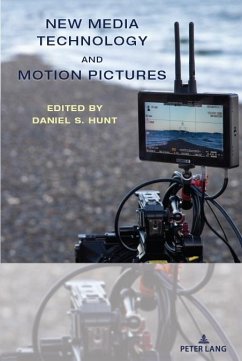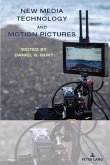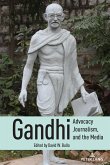The motion picture industry is dependent on technology. It is therefore important for scholars and students of film, media, and communication to understand how film audiences and practitioners engage with technology. A critical aspect of scholarly work is to document and interpret these technologies as they emerge, and to provide a detailed understanding of how their use is changing due to social, political, environmental, and cultural factors.
The scholars and practitioners that contribute to this volume adopt a diverse range of theoretical and methodological perspectives in order to bridge the philosophical and epistemological differences that often create silos of media studies research. Authors explore topics such as; DIY production, equity and representation in Hollywood, the rise of mobile vertical screens, advancements in the cinematic experience, the relationships between traditional and new media, and social justice filmmaking. The impact of online social movements on the motion picture industry, and the dynamic interaction between makers and audiences, emerge as key areas of inquiry.
The scholars and practitioners that contribute to this volume adopt a diverse range of theoretical and methodological perspectives in order to bridge the philosophical and epistemological differences that often create silos of media studies research. Authors explore topics such as; DIY production, equity and representation in Hollywood, the rise of mobile vertical screens, advancements in the cinematic experience, the relationships between traditional and new media, and social justice filmmaking. The impact of online social movements on the motion picture industry, and the dynamic interaction between makers and audiences, emerge as key areas of inquiry.
Dieser Download kann aus rechtlichen Gründen nur mit Rechnungsadresse in A, D ausgeliefert werden.









